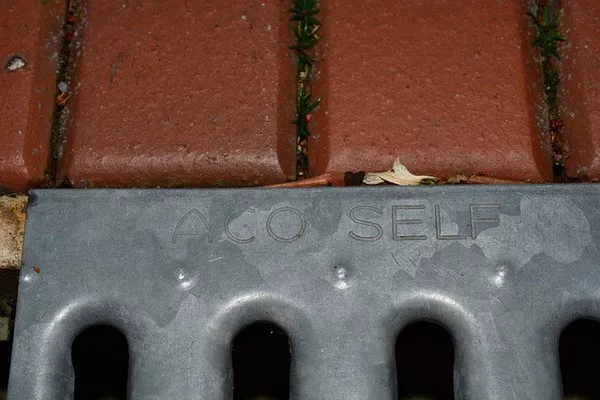In our daily lives, we often overlook the significance of wastewater – the byproduct of our domestic, industrial, and agricultural activities. However, understanding the meaning and implications of wastewater is crucial for environmental sustainability and human well-being. In this comprehensive guide, we delve into the depths of wastewater, exploring its composition, sources, treatment processes, and environmental impact.
Defining Wastewater:
Wastewater, simply put, refers to any water that has been used by humans and subsequently discharged. It encompasses a wide array of liquids tainted by human activities, ranging from sewage from our toilets and household drains to industrial effluents and agricultural runoff. The composition of wastewater is diverse, containing organic matter, pathogens, nutrients, chemicals, and sometimes even heavy metals.
Understanding the Composition:
The composition of wastewater varies depending on its source and the activities it has been exposed to. Domestic wastewater typically contains organic matter from human waste, soap residues, and food scraps. Industrial wastewater, on the other hand, may contain a myriad of chemicals and pollutants specific to the industrial processes involved, such as heavy metals from mining activities or solvents from manufacturing processes. Agricultural wastewater often carries fertilizers, pesticides, and animal waste.
Sources of Wastewater:
Wastewater originates from a multitude of sources, each contributing to the overall volume and composition of wastewater generated. Domestic activities such as bathing, laundry, and dishwashing contribute significantly to household wastewater. Industrial processes across various sectors, including manufacturing, mining, and food production, generate substantial amounts of industrial wastewater containing diverse pollutants. Additionally, agricultural practices such as irrigation and livestock farming produce agricultural runoff laden with fertilizers, pesticides, and animal waste. Even stormwater runoff from urban areas can contribute pollutants to wastewater.
Environmental Impact:
The discharge of untreated wastewater poses severe environmental risks, threatening the health of ecosystems and communities alike. When released into water bodies without proper treatment, wastewater introduces pollutants that degrade water quality, harm aquatic life, and compromise human health. Nutrient-rich wastewater can lead to eutrophication, causing algal blooms and oxygen depletion in water bodies, further exacerbating ecological imbalances.
Wastewater Treatment Processes:
To mitigate the adverse effects of wastewater, treatment processes are employed to remove contaminants and render it safe for discharge or reuse. Wastewater treatment typically involves multiple stages, including physical, chemical, and biological processes. Primary treatment involves the physical removal of large solids through processes such as sedimentation and filtration. Secondary treatment employs biological processes to break down organic matter and remove nutrients through methods such as activated sludge treatment and aerobic digestion. Advanced treatment techniques, including chemical disinfection and membrane filtration, are often employed to further purify wastewater before discharge.
Role of Wastewater Treatment Plants:
Wastewater treatment plants play a vital role in managing and treating vast quantities of wastewater generated by human activities. These facilities are equipped with sophisticated infrastructure and treatment processes designed to remove contaminants and safeguard environmental and public health. Regulatory standards and monitoring protocols ensure that treated wastewater meets quality criteria before being discharged into water bodies or reused for various purposes.
Reclaimed Water and Resource Recovery:
In recent years, there has been growing interest in reclaiming wastewater for beneficial reuse, such as irrigation, industrial processes, and groundwater recharge. Reclaimed water, treated to stringent quality standards, offers a sustainable alternative to freshwater sources, conserving precious resources and reducing reliance on potable water for non-potable purposes. Furthermore, wastewater treatment plants are increasingly exploring opportunities for resource recovery, such as energy generation from biogas produced during anaerobic digestion and nutrient recycling through processes like phosphorus recovery.
Future Challenges and Innovations:
Looking ahead, the management of wastewater presents significant challenges amidst rapid population growth, urbanization, and climate change. As demands on water resources increase, innovative technologies and strategies are essential for enhancing wastewater treatment efficiency, resilience, and sustainability. From decentralized treatment systems to smart monitoring and predictive analytics, ongoing advancements hold promise for addressing emerging challenges and securing a water-wise future for generations to come.
See Also How Does A Klargester Biodisc Work
In conclusion
Wastewater is far more than just a byproduct of human activities – it is a critical component of our water cycle and a resource that demands careful management and stewardship. By understanding the meaning of wastewater and the intricacies of its treatment and disposal, we can work towards a cleaner, healthier environment and a more sustainable future for all.

